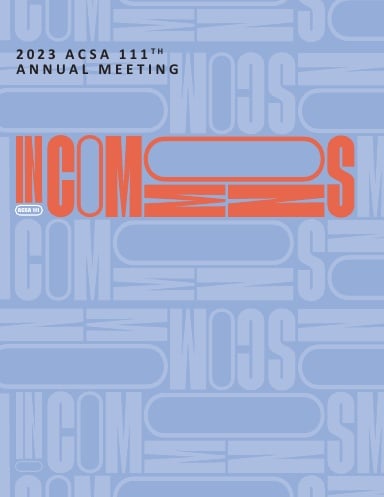Author(s): Dragana Zorić
Female architects of Socialist Yugoslavia, many with families and children concurrent with their career peaks, commonly co-opted an image of the avant-garde artist for their professional lives. The explicit normalcy and domesticity of their private spheres appeared to be largely and publicly suppressed in favor of a black-clad persona, whose work and communication veered away from the everyday and relatable, choosing to focus on the outwardly conceptual, and the abstract. Additionally, the overt separation of the collective government-run architectural practice, and a simultaneous individual (i.e., private architectural practice) for women architects triggered a similar type of code switching. In that case, the avant-garde iconography provided for a consumable media-savvy figure. For the architects of Atelje Lik and the architect Svetlana Kana Radević, operating in a country where architecture was the precise embodiment of societal ideals, code-switching counteracted the established patriarchal environment, but also positioned their private practices, better placed to realize their progressive social ideals through architecture.
https://doi.org/10.35483/ACSA.AM.111.30
Volume Editors
ISBN
978-1-944214-41-8

 Study Architecture
Study Architecture  ProPEL
ProPEL 
